Maurits de Roo is a PhD student at the University of Groningen, where he does research in electrochemistry. This is fundamental research in which he mainly studies the thin layer on electrodes.
What was your presentation about?
‘I start by explaining why this is important research. To change one chemical into another, for example to make medicines or shampoo, you need chemicals. I look at oxidation reactions, so in that case you need oxidants. They are often polluting because they are made from fossil resources and are therefore not sustainable. We are looking at eliminating that step by taking the energy directly from electricity.’
How do you do this?
‘We look at the molecular level to see exactly what happens to the molecule when you apply a potential to it. One method is a type of Raman spectroscopy called surface-enhanced Raman spectroscopy, or SERS. If you choose your electrodes wisely – gold, for example – the metal can act both as an electrode and as an amplifier of the Raman signal. Raman gives you a molecular fingerprint. Normally you can only measure relatively high concentrations in solution. You can even measure millimolar concentrations. These are the same concentrations that you have in electrochemistry. The big disadvantage is that it is very sensitive. You almost have to work in a clean room. Any contamination on the gold electrode gives so much noise that you can’t see anything.’
Why did you choose this specialisation?
‘I studied both chemistry and chemical engineering. In electrochemistry, on the one hand, you are really doing sustainable research and, on the other, both chemistry and technological phenomena are important. What particularly appeals to me is that basic research has a certain socially relevant goal.’


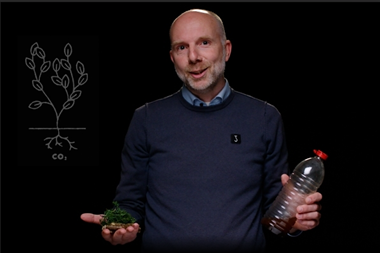
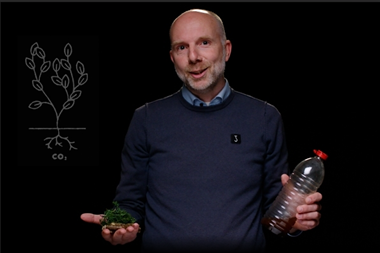
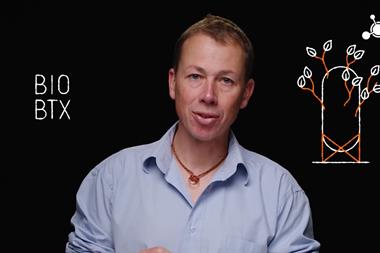
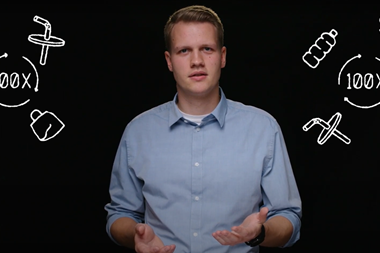
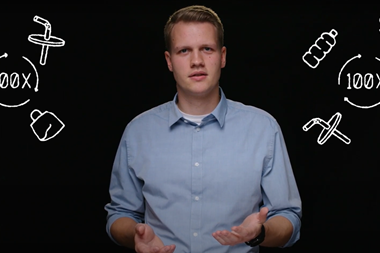
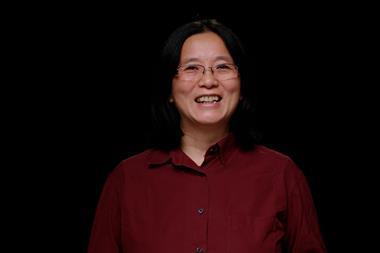










Nog geen opmerkingen